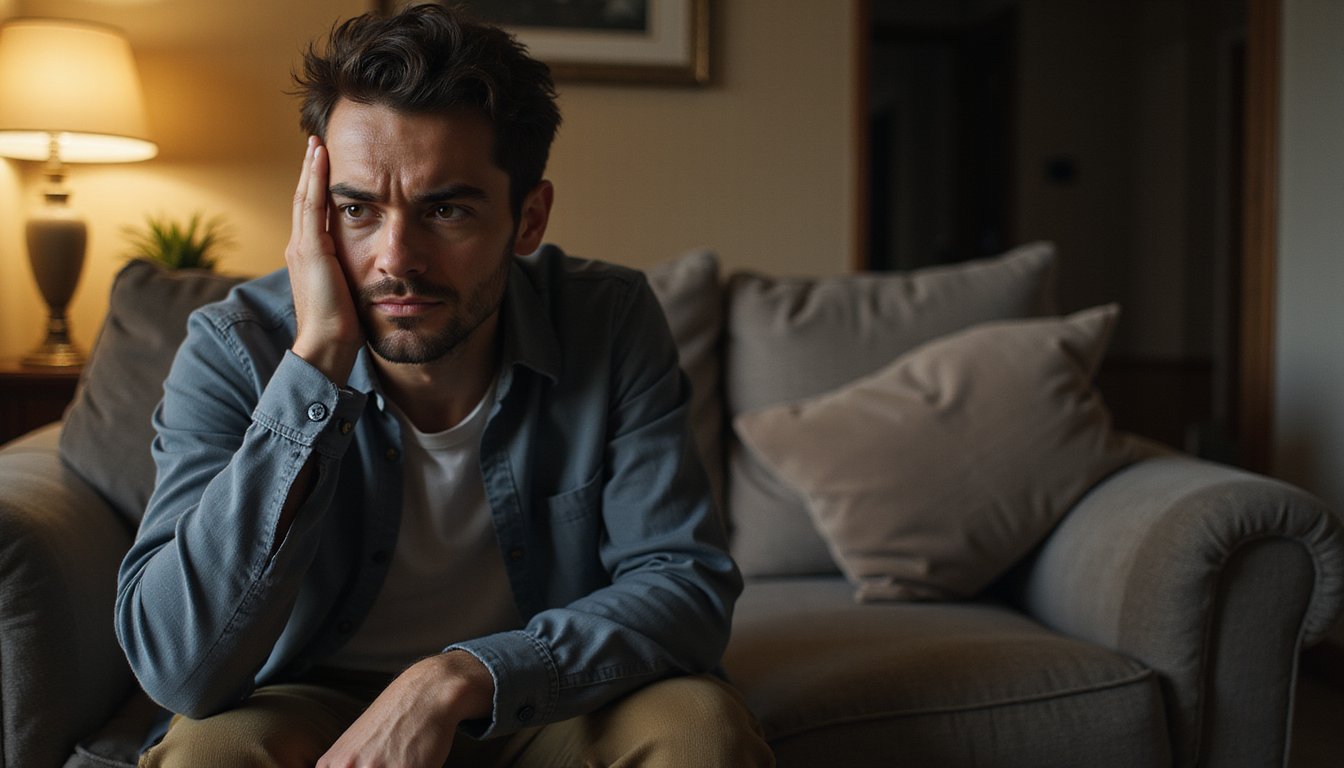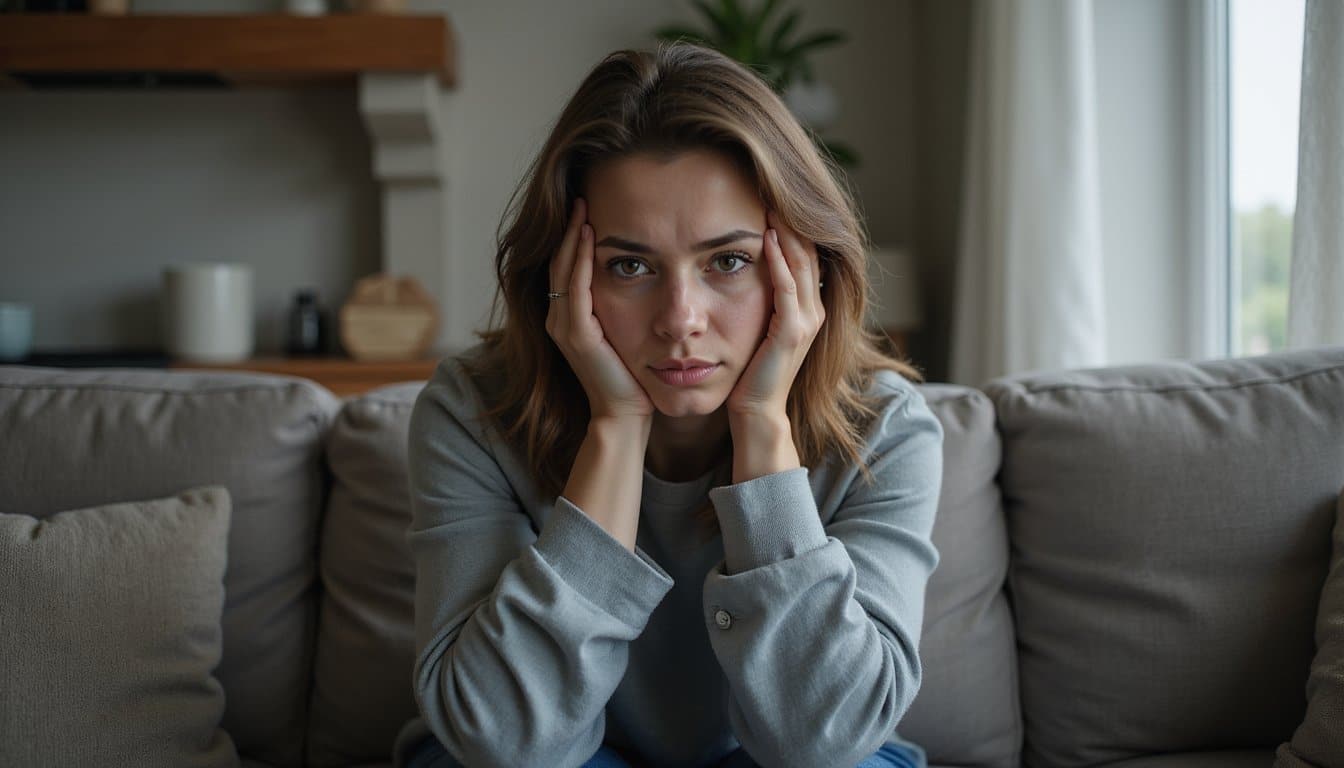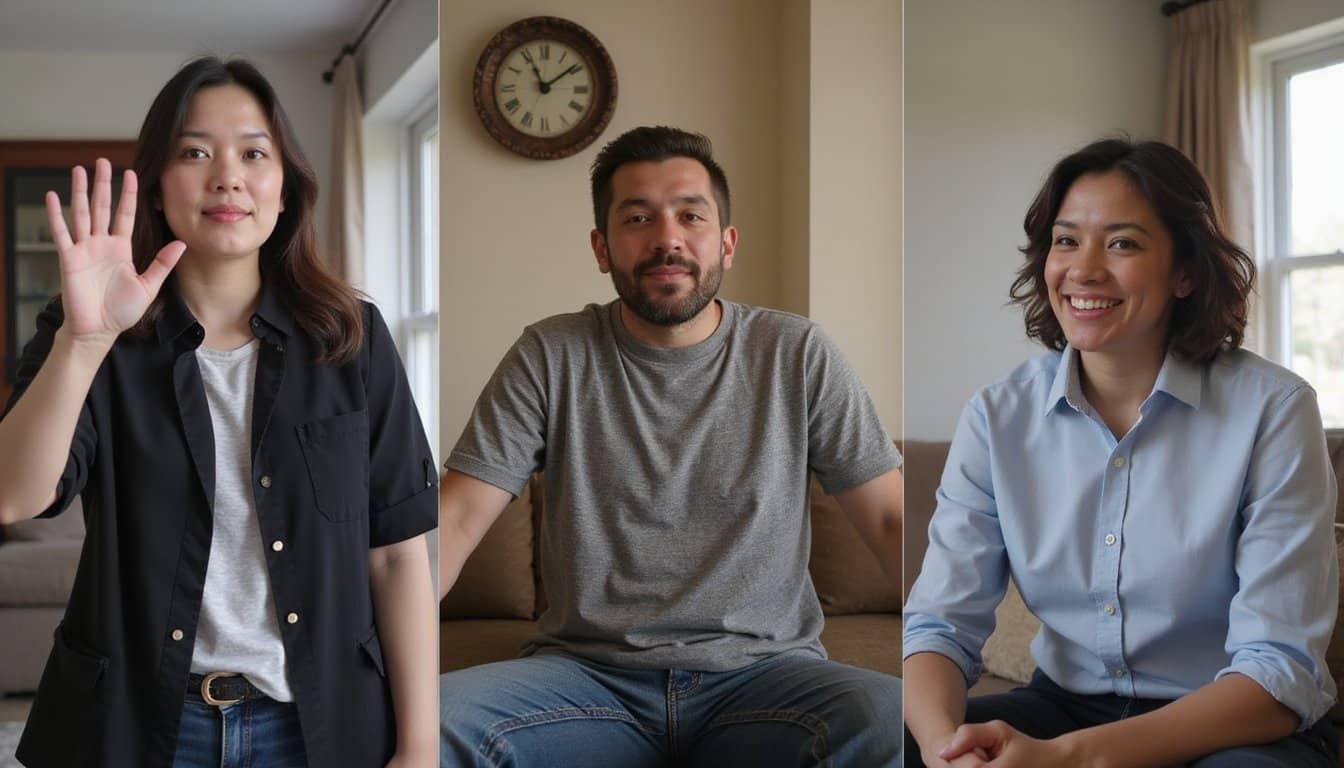How Are Anxiety and Depression Connected?
Anxiety and depression are separate conditions. However, they often occur together and are very much associated with one another. Each condition has its own set of symptoms and treatment options, but there is usually quite a bit of overlap. It’s important to recognize the signs and symptoms of both and seek help when you need it.
Anxiety and depression are also commonly linked to drug and alcohol use, addiction, and withdrawal. Treating anxiety and depression may be a key component in someone’s recovery as they overcome challenges with substance misuse.
Understanding Anxiety
Anxiety disorders are when you experience excessive, persistent, and intense worry and fear about everyday occurrences. It’s normal for everyone to experience a small amount of anxiety, but some people experience it on a level that interferes with their quality of life and ability to complete simple tasks.
There are different types of anxiety disorders. Some of the most common are:
- Generalized anxiety disorder: excessive worry about everyday things
- Social anxiety disorder or “social phobia”: anxiety, fear, self-consciousness, and embarrassment during social interactions or in social situations
- Panic disorder: unexpected instances of intense fear with an array of physical symptoms like chest pain, trouble breathing, and more
- Separation anxiety disorder: anxiety in children when separated from a parent or someone close to them
- Other specific phobias: fear of a specific object, feeling, or situation, such as agoraphobia or arachnophobia
- Anxiety disorder due to medical conditions
- Substance-induced anxiety disorder
It’s also possible to have multiple anxiety disorders, especially when there are multiple causes at play. When dealing with these uncomfortable thoughts of feelings, individuals can be left feeling overwhelmed, helpless, confused, upset, and much more. This can lead to depression.
Symptoms of Anxiety
There are many different signs and symptoms of anxiety, including:
- Nervousness and restlessness
- Feeling tense
- Feelings of danger, panic, and doom
- Hyperventilating
- Shaking and trembling
- Weakness and exhaustion
- Difficulty falling asleep and sleep disturbances
- Gastrointestinal (GI) issues
- Difficulty concentrating
- Obsessive worrying
- Avoidance of certain things that trigger anxiety
- Difficulty controlling worry
Symptoms can vary in severity and are often different from person to person.
Causes of Anxiety
There are several causes of anxiety. Identifying risk factors, triggers, and other potential causes can help individuals pinpoint what’s inducing anxiety and can help them figure out the best treatment.
Risk factors include childhood trauma, chronic illness or a serious medical condition, an accumulation of stressors, personality characteristics, other mental health conditions, a family history of anxiety disorders, drug use, and alcohol use.
Triggers may include the loss of a loved one, any form of abuse, pregnancy, childbirth, family issues, relationship problems, work stress, changes at work, changes at home, and more.
Medical conditions potentially linked to anxiety disorders include heart disease, diabetes, thyroid issues, respiratory conditions, chronic pain, certain types of cancer, drug and alcohol misuse, and drug and alcohol withdrawals.
According to the Anxiety and Depression Association of America (ADAA), “anxiety disorders are the most common illness in the U.S., affecting 40 million adults age 18 and older every year.” That’s approximately 19.1% of the population.
Understanding Depression
Depression is a disorder that leads to persistent sadness and loss of interest in things you normally enjoy. Depression isn’t just about being said or feelings of being “blue.” It’s more severe and often requires treatment. Treatment may be short-term or could require long-term attention.
Types of Depression
Much like anxiety, there are different types of depression.
Clinical depression is when you experience intense symptoms for more than two weeks and when the symptoms interfere with your life. This type of depression has to be diagnosed by a doctor. Dysthymia is the term for when you have mild depression continuously for more than two years. It is often diagnosed as persistent depressive disorder or chronic depression.
A depressive episode is a term often used alongside clinical depression and is when an individual has periods of feeling down with other depression symptoms. Recurrent depressive disorder is when you’ve had two or more depressive episodes.
Cyclothymia is when you have periods of depression and elation in short spurts. However, the up-and-down emotions are not frequent enough to be considered bipolar depression. Bipolar disorder is another term for what used to be called manic depression and is diagnosed when you have long periods of depression and elation.
Psychotic depression is when you have depression with psychosis. Symptoms of psychosis often take the form of hallucinations or delusions. Psychosis can be induced by excessive substance use, which can also cause depression.
Prenatal or postnatal depression refers specifically to depression during or after pregnancy, which is often the result of hormonal changes but can also relate to the life change of becoming a parent.
Seasonal affective disorder (SAD) is a type of depression during certain seasons or in certain types of weather. This is most common during the winter. Reactive depression is when depression arises that is triggered by certain life events.
Specific types of depression need to be diagnosed by a medical professional. It’s crucial to be transparent about the symptoms you’re experiencing for an accurate diagnosis. In many cases, doctors will have you complete a questionnaire to understand the severity of your case.
Symptoms of Depression
Symptoms of depression can also vary in intensity and be different from person to person. Signs of depression include:
- Feeling anxious or sad all or much of the time
- Loss of interest in favorite activities
- Getting irritated or frustrated very easily
- Feeling restless
- Feeling exhausted
- Trouble falling and staying asleep
- Eating more than usual
- Loss of appetite
- Abnormal headaches
- Abnormal GI issues
- Aches and pains that aren’t normal or relieved with treatment
- Feelings of worthlessness and helplessness, overwhelming guilt, and sadness
- Thoughts of hurting yourself, hurting others, or suicide
Symptoms of depression should not be taken lightly. If you or a loved one are experiencing signs of depression, seek professional help as soon as possible. Lifestyle changes, medications, therapy, and other strategies can help you or someone you care about get back on track.
Causes of Depression
As with anxiety, there are a multitude of different causes of depression, including genetics, traumatic events, medical conditions, and the use of drugs and alcohol.
A family history of depression can be a major risk factor. Individuals with blood relatives who have depression are more likely to be diagnosed with a mood disorder.
Traumatic events such as sexual abuse, verbal or physical abuse, the death or loss of a loved one, and other forms of trauma can lead to depression.
Medications and substances are also a concern. Depression is a symptom of many different prescriptions and medications and one that should be monitored closely, especially if individuals have other risk factors. Drug and alcohol use, addiction, and withdrawal are also linked to depressive disorders.
Major life changes can be very upsetting and dangerous to an individual’s mental health. This includes financial struggles, job loss, occupational stress, losing your home, the end of a relationship, becoming a parent, taking on new responsibilities, and much more.
Medical conditions can trigger depression. This includes cancer, stroke, irritable bowel syndrome (IBS), heart disease, diabetes, arthritis, a major surgery, a major injury, and other chronic illnesses and pain-causing conditions.
Depression is very common in the United States. According to the Centers for Disease Control and Prevention (CDC), “1 out of every 6 adults will have depression at some point in their life.” The CDC also notes that around 16 million American adults are affected by depression each year.
Anxiety and Depression Together
Dual diagnoses of anxiety and depression are extremely common. In fact, some experts are starting to feel that they aren’t two distinct disorders happening at the same time but rather are “two faces of one disorder.”
Studies show that 60% to 70% of people with depression also have anxiety. About half of people with chronic anxiety demonstrate “clinically significant symptoms of depression.”
Psychological professionals refer to the co-occurrence of anxiety and depression as comorbidity. Individually, each disorder can impact your ability to work, parent, complete chores, and do other day-to-day activities. Together, there can be serious implications for your quality of life, your relationships, and the risk of suicide.
Anxiety, Depression, and Addiction
One common denominator with depression and anxiety is drug and alcohol use. Many individuals affected by substance misuse also have depression, anxiety, or other mental health condition.
Substance use disorder (SUD) is a condition where individuals may not be able to control alcohol and drug use, affecting their brain and behavior. The National Institute of Mental Health (NIMH) reports, “about half of individuals who experience a SUD during their lives will also experience a co-occurring mental disorder and vice versa.” This includes both anxiety and depression.
Mental disorders cause people’s brains to change. Certain substances can feel “rewarding,” relieving anxious or depressive symptoms and giving individuals a sought-after sense of euphoria. This can cause them to turn to drugs or alcohol more frequently, risking misuse and addiction. On the flip side, substance use can also lead to brain structure changes, increasing the risk of mental disorders.
Seeking Help
It’s not always easy to accept that you have anxiety or depression. You may think you’re just going through a hard time, that it’s a normal level of stress, or that you just have a case of the blues. When combined with substance use, it can also be difficult to pinpoint what is problematic and what is not.
If you or a loved one recognize depression or anxiety, reach out and take advantage of the resources available to you. There are many different medications available to address symptoms. Therapy is also a great way to talk with a specialist, pinpoint the causes or triggers of your struggles, and develop a plan for addressing them.
A rehabilitation program may be the best option if you’re struggling with mental health disorders coupled with drug and alcohol misuse. This provides you with a safe environment to get the help you need to find your own path to recovery.






